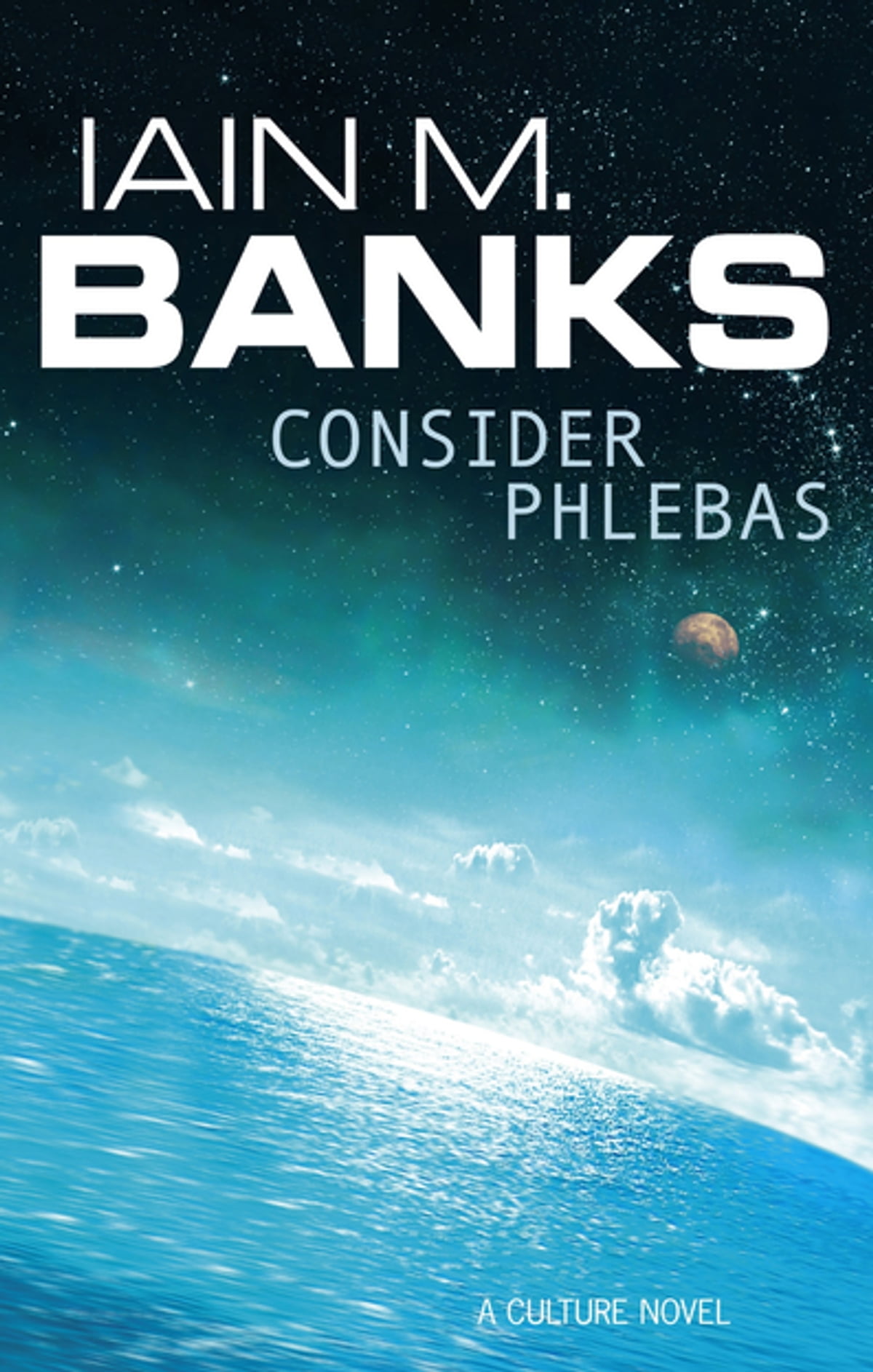Disclaimer: This is a review, and as such will contain opinions, spoilers and (often) general shit talking. (If you talk about what you don’t like about a work, you learn a lot. When you think through a work with the stakes presented to you by the creator, by the context of the work, you learn a lot. I review things, not because I love to dislike things, but because dislike contains rich and vital information for the process of experiencing something, but I cannot access it without interrogating it.) So, if you don’t want to have this thing spoiled for you, or don’t know how to behave when a person on the internet, that you don’t know, has opinions that don’t line up with yours, this review is not for you. It’s also not for the author/creator of the work. Please and thank you.
Why do we romanticise the dead?
This is sort of the central question Jenette McCurdy tackles in her autobiography I’m Glad My Mom Died.
It’s a raw retelling of her upbringing in painfully explicit detail. From growing up in poverty and with an abusive, ill and hoarding mother, McCurdy doesn’t shy away from the details of the eating disorder her mother trained her into (calorie restricting, anorexia, bulimia) nor from how she ended up giving her first blow job without having any idea what she was doing.
The story is told with the mature understanding of someone who has done the deep introspection and worked through a lot of the shit that a childhood like this would give anyone. Yet she manages to hold on to telling the story in a way that makes it feel immediate, like we’re there in her head as these things are happening.
I cringed and winced and had to shake it off so many times during this book I wasn’t sure I was gonna make it to the end. I can’t even begin to imagine what it was like to live through it.
The levels of clinical illness overlap with mental illness to create a steaming vat of toxic, abusive parenting that you’d hope no child would ever be subjected to. Yet it also shines a light on what it’s like to be the victim in a relationship like this, tells the story of how you can love and adore your abuser as they’re gaslighting you out of your own feelings, your own agency.
And even so, as soon as a person is no longer with us, the romanticising begins. The dark sides of the departed are suddenly forgotten in favour of praising all the great qualities that person (maybe never even) possessed.
I’ve seen this in my own family where someone who died became nearly venerated. Especially, when they died “young” and that “gone too soon” narrative is just too hard to let go of.
And anything you have to say that is less than shining is immediately met with vehement hostility. As if speaking those few words could somehow define that person’s legacy more than how they defined it while alive.
I suppose what it comes down to is an inability to process your own grief.
Or your own mortality.
Because in the end we’ve all got the same 24 hours in a day, and a choice of how we spend those hours.
And the hard truth is that some people are just shitty people. Even parents. Even mums. Child abuse is still a pervasive problem in the world, poverty one of those things that make it exponentially worse. And fulfilling your dreams through your children can be a slippery slope, as McCurdy illustrates.
As I said, this is a raw and brutally honest book. McCurdy speaks openly (and in detail) about eating disorders and abuse — mental, emotional, parental and substance — so steer clear if you don’t want to read about those things, or if you feel triggered by these topics.
I’m well past my anorexia (though will always have body dysmorphia and have my awareness of my body shaped by my past), but I still felt a lot of the talk around the psychology and practical aspects of eating disorders in my bones.
Much like with The Year of Magical Thinking, the subject matter is difficult and approached head on, which I appreciate. Too often, we talk in circles around the ugly, hard feelings in life, when it would be better to just tackle things with brutal honesty.
McCurdy also has a strong voice and a way of writing that feels immediate.
The chapters are many and you fly through them at an impressive rate. She also narrates her own audiobook, which made me feel like if anyone else had read it, it wouldn’t have felt as intimate, as brutally honest. She reads quickly (once or twice I had to check I hadn’t sped it up!) and gives it that feeling like she’s telling me her story in person, so kudos to her for narrating the audiobook!
Want to get more out of reading books?

Grab this FREE guide on how to start a reading journal, complete with review templates, reading trackers and bingo sheets.
Understand yourself better as a reader, engage more with the books you read & make space for creative self-expression. Get it now!





